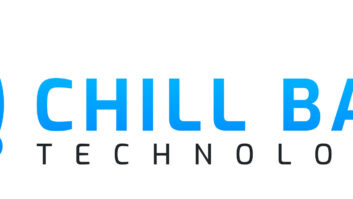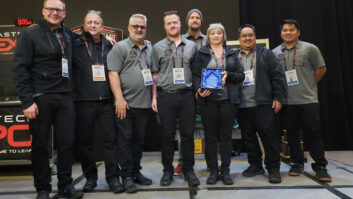
While Intel made its mark as a component company, driving the hardware that drove much of the computing revolution of the last three decades, Krzanich wasn’t here to talk hardware, but rather “the next great wave of the technological revolution.” That’s data.
Citing what he called technological “inflection points that changed society,” such as the combustion engine in the 1870s and the integrated circuit and semiconductors of the last half century, the Intel chief predicted the coming data revolution will out do all of them on their impact on society. “Data will make possible experiences that no one has even started to imagine and redefine how we live our lives.”
Get this kind of CE coverage all year long — subscribe to the free TWICE eNewsletter.
“For decades we used our technology to increase computing power,” he said, “to the point where now it is no longer a problem.” Combined with the conquering of memory limitations through cloud computing, the technology industry is now setting its sights on the almost limitless uses of data to solve problems.
“All this hardware: sensors, processors, cameras … is capturing information that makes possible prediction, decision-making, recognition, even thinking.” He pointed out that machine learning and artificial intelligence are in their infancies. “The possibilities are endless.”
Krzanich put the data revolution in perspective. “We’ve created, literally, a flood of data. The average person will produce 1.5GB of data a day by 2020. An autonomous car will produce 4 terabytes of data a day… a connected airplane, 40 terabytes a day. When we get to the point of most of our factories being ‘smart’ they will produce an average of 1 petabyte a day,” (that’s 1 quadrillion bytes.)
While it used to be stored and processed and shared very carefully, data is no longer a static commodity and with AI and VR, data will create experiences that redefine the limitations of hardware, Krzanich said.
Give all that data, there is the obvious concern of users that their personal data can be compromised. But Krzanich said the industry is now all on the same page. “Security is job No. 1 for Intel and our industry. The entire industry has put aside the idea of competition when it comes to keeping your data safe. I’m proud that we took a collaborative approach to the latest malware attacks and as far as we know, there has been no reports of personal data being revealed. This is a problem we are solving together.”
“Data,” Krzanich said is “not only the source and driver of new technology but it is creating art, entertainment … consumer experiences.” It will be the prime driver of industries such as health care, retailing, commerce and banking, he explained, and in the end, almost all current and future technology companies will be data companies at their cores.













